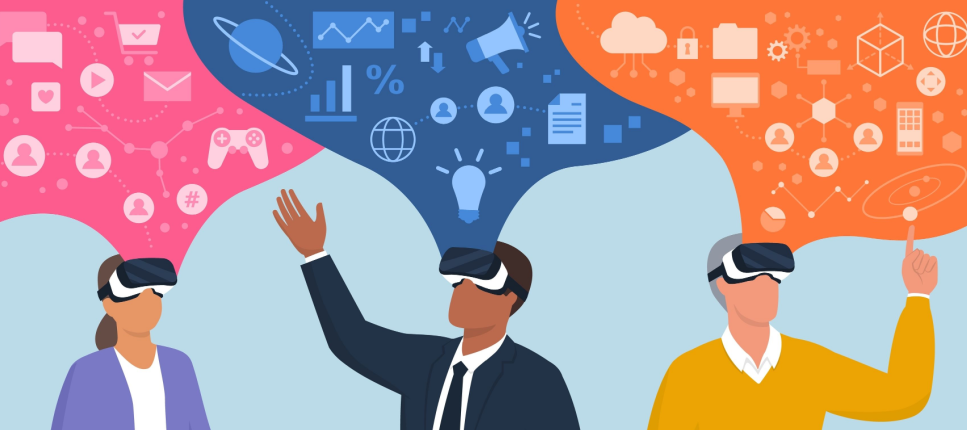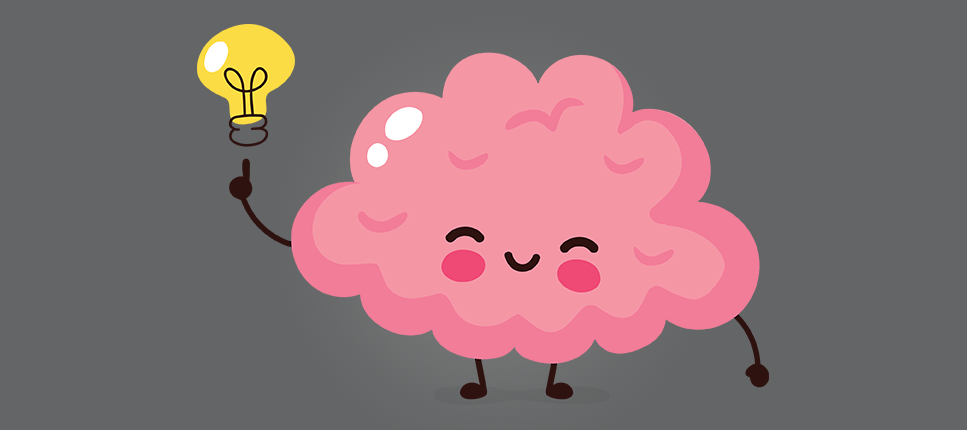Self-regulated learning: a framework for adult learner autonomy
There is a growing interest in the importance of autonomy in learning, including for adults. This topic seems more relevant than ever, given the increasing importance of elearning, which may require learners to be more independent than face-to-face courses. One of the most interesting and encompassing concepts on the subject is that of self-regulated learning, which dynamically integrates the fundamental aspects of the act of learning, such as cognition, motivation, metacognition and volition.










